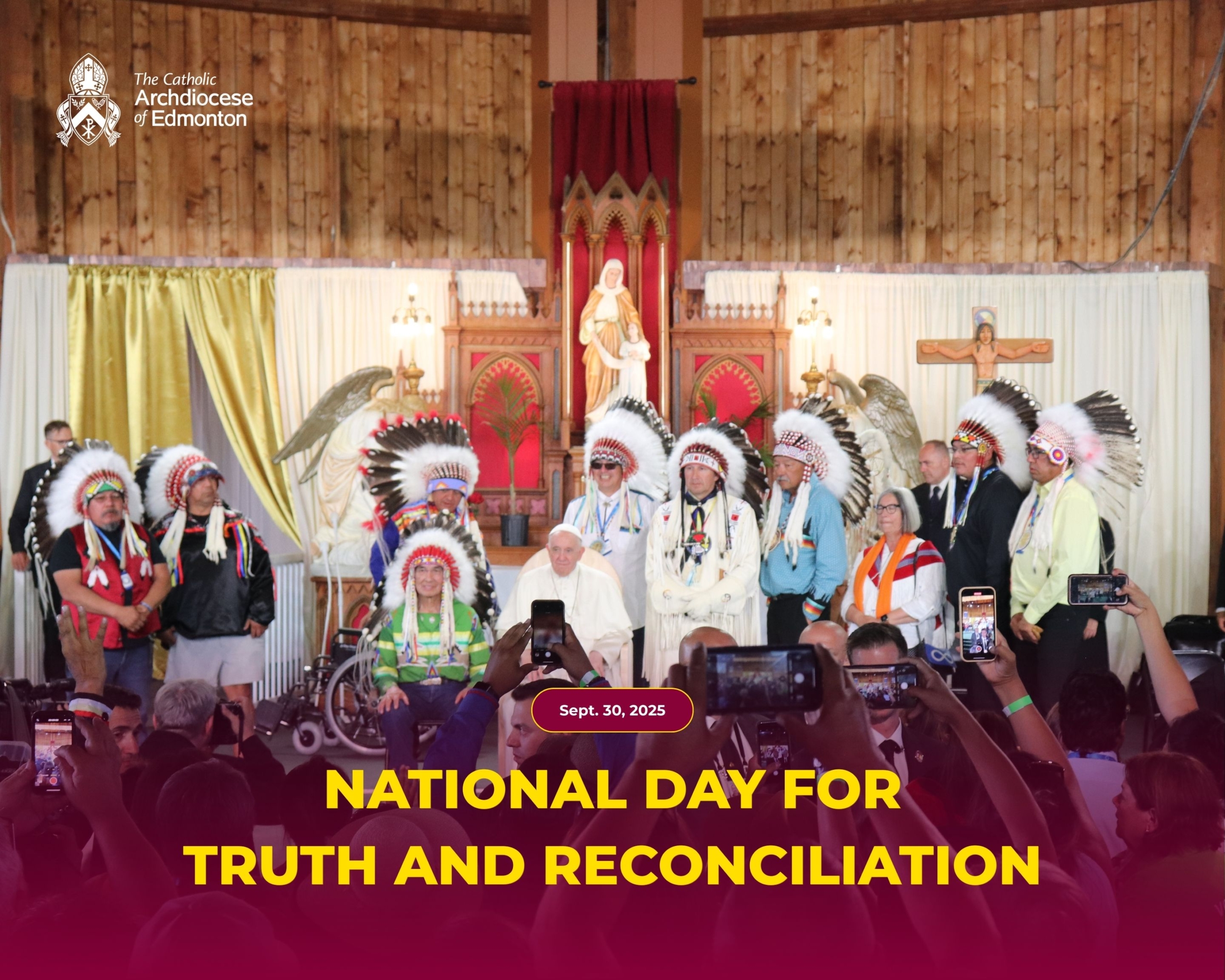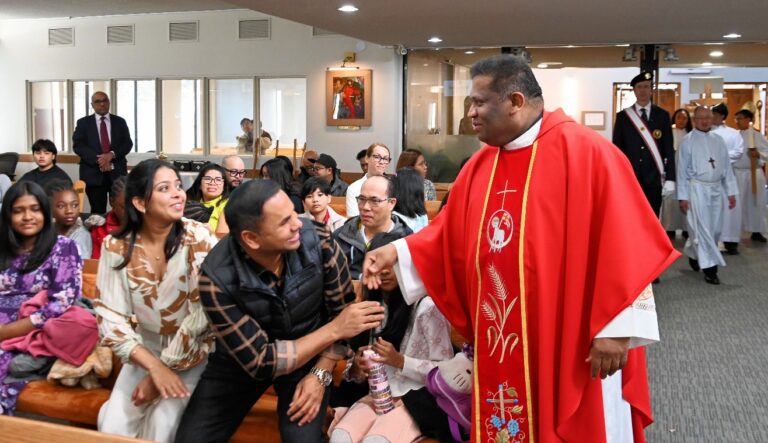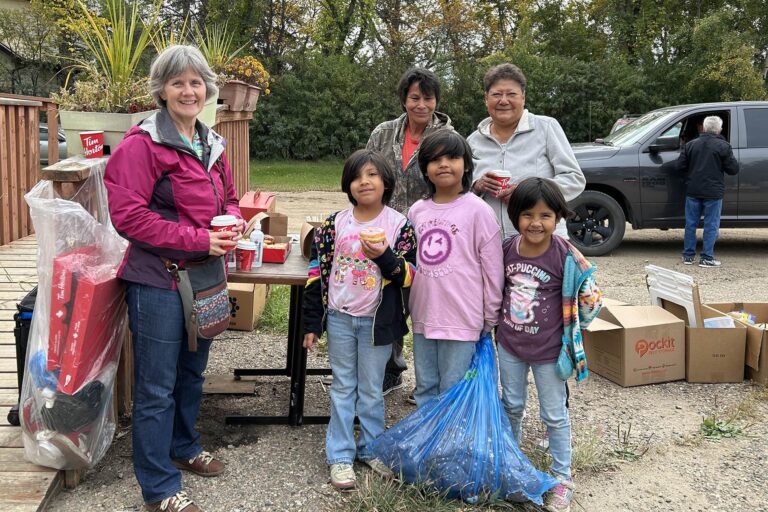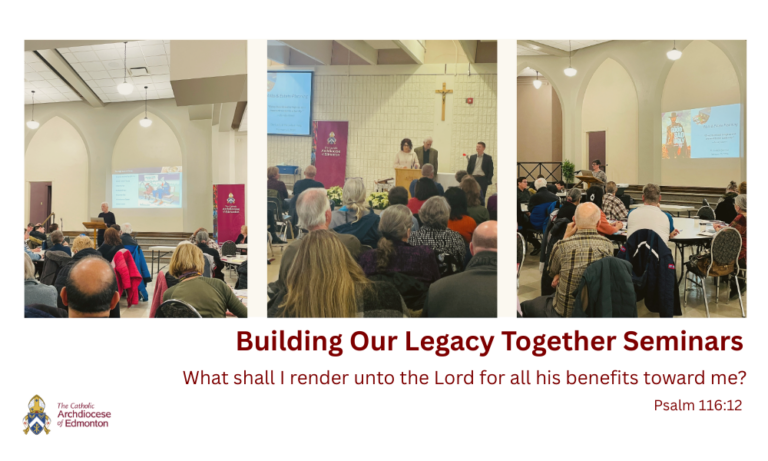Each year, September 30 marks the National Day for Truth and Reconciliation. September 30 is a solemn day to honour the children who never returned home and survivors of residential schools, as well as their families and communities.
Rooted in the Catholic call to repentance and reconciliation, this day invites deep listening, prayer, and education as we commit to truth and healing.
Public commemoration of the tragic and painful history and ongoing impacts of residential schools is a vital component of the reconciliation process. This federal statutory holiday was created through legislative amendments made by Parliament.
Wear orange

Both the National Day for Truth and Reconciliation and Orange Shirt Day take place on September 30.
Orange Shirt Day is a commemorative day led by Indigenous communities to raise awareness about the intergenerational impacts of residential schools on children, families, and communities. It honours Indigenous children who were lost in the residential school system.
The orange shirt symbolizes the loss of culture, freedom, and self-esteem that many Indigenous children experienced. This day reminds us that “Every Child Matters”. On September 30, all Canadians are encouraged to wear orange to honour the thousands of Survivors of residential schools.
The land we call Canada is home to a large and diverse Indigenous population comprised of many First Nations, Inuit and Métis nations and cultures. The Bishops in Canada share a profound commitment to renewing and strengthening relationships with Indigenous Peoples across Canada, continuing the process that brought Pope Francis to Canada in 2022.
The Canadian Catholic Indigenous Council is the key element to this commitment. Consisting of Bishops and Indigenous Catholics, the Council furthers relationships, healing, and joint initiatives with Indigenous Peoples across the country. Within their own dioceses, Bishops strive with pastoral solicitude to understand and engage issues affecting local Indigenous populations and likewise encourage all the faithful in their dioceses, including the members of religious institutes of consecrated life and of Catholic community organizations, to foster relationships in charity and solidarity with Indigenous Peoples.
Sign up for The WINDOW is the weekly electronic bulletin with news from the Archdiocese of Edmonton.




